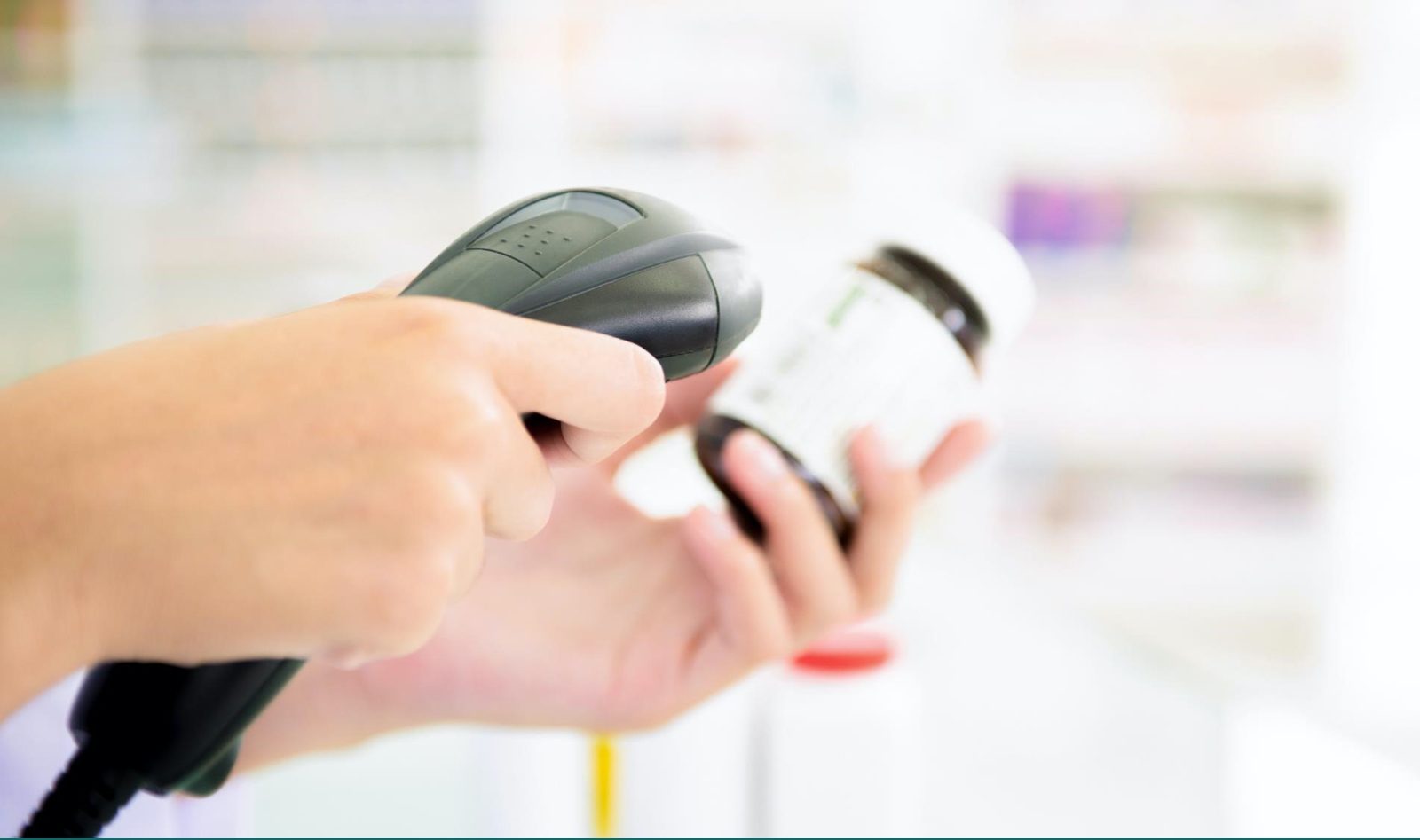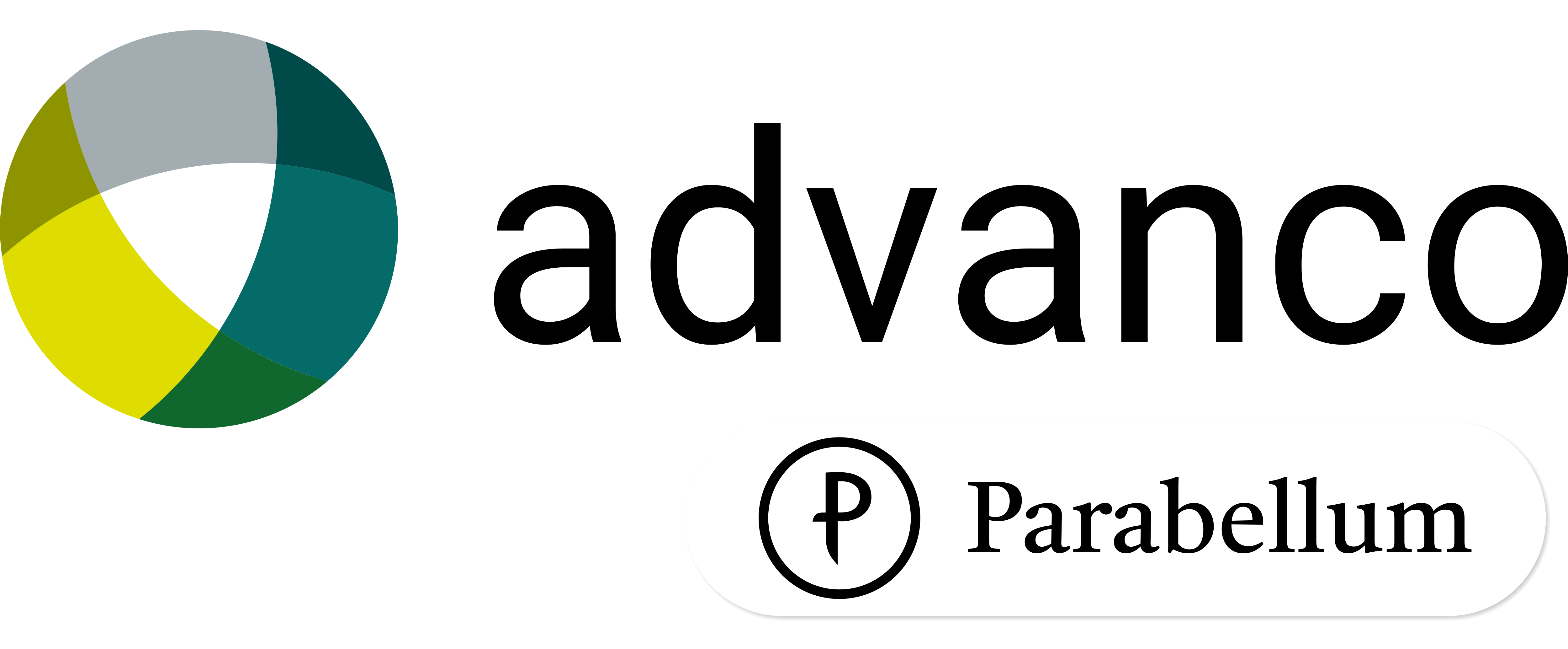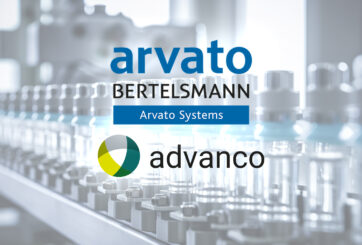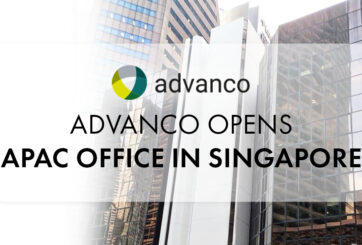Q&A: The rise in counterfeit medicines during Covid-19
EPM speaks to Rami Cassis, executive chairman of pharmaceutical serialisation company Advanco and CEO of Parabellum Investments about the rise in counterfeit medicines during the Covid-19 pandemic.

EPM: Has there been a rise in counterfeit medicines during the Covid-19 pandemic?
Cassis: It certainly seems so. The World Health Organisation has recently warned against a surge in fake medicines, notably in the developing world, and Interpol’s global pharmaceutical crime fighting unit has reportedly made 121 arrests across 90 countries in just seven days, resulting in the seizure of dangerous pharmaceuticals worth over $14m (£11m).
EPM: How are criminals exploiting the crisis to sell/distribute fake medicines?
Cassis: Criminals and counterfeiters are able to profit from the current situation through a combination of exploiting people’s desperation to have a Covid-19 cure and, at the same time, established supply chains are breaking due to current circumstances.
EPM: Are people at risk more because of scams/counterfeit schemes due to the pandemic?
Cassis: Yes, because, as the WHO has warned, when supply does not meet the demand, it creates an environment where poorer quality or fake medicines will try to meet those needs – and we are already seeing that happening in many countries. By consuming fake medications posturing as a Covid-19 cure or as a fake alleged Covid-19 treating drug (eg; Chloroquine). Many people are obviously being put at risk.
EPM: How is serialisation helping the pharmaceutical industry track medicines throughout the supply chain?
Cassis: Medicines are tracked right from the shop floor all the way through the supply chain and ultimately to dispensation, so it is possible to trace each batch number and ensure the authenticity and source of supply. This gives peace of mind and also enables medicines to be verified.
EPM: What kinds of serialisation software are in place within the industry?
Cassis: For more than a decade now, GS1 Standard solutions have been implemented by over 80 countries
EPM: Is enough being done via regulation to ensure pharmaceuticals are properly tracked and to fight counterfeiting?
Cassis: The technology is there but the adoption and speed of implementation is slow in certain regions/countries. As a result of the current situation, things may accelerate – let’s hope so.
EPM: Does more need to be done currently to fight a rise in fake medicines during the pandemic?
Cassis: Serialisation as a process is mandated in many parts of the globe but the policies and speed of implementation greatly varies. Robust tech solutions like that from Advanco can help, but ultimately their effectiveness is dependent on a number of moving parts working together.
EPM: In regards to the pharma supply chain, what can we learn from Covid-19?
Cassis: The largest new thing after Covid-19 will be de-globalisation of the supply chain with serialisation used more widely across pharmaceutical medicines and products. We believe that as a result of this pandemic, many manufacturers will look to pull back from China, and establish local or regional production capacity, which will effectively reduce the dependence of the West on China and strengthen the US and European economies.
View the original article here.



